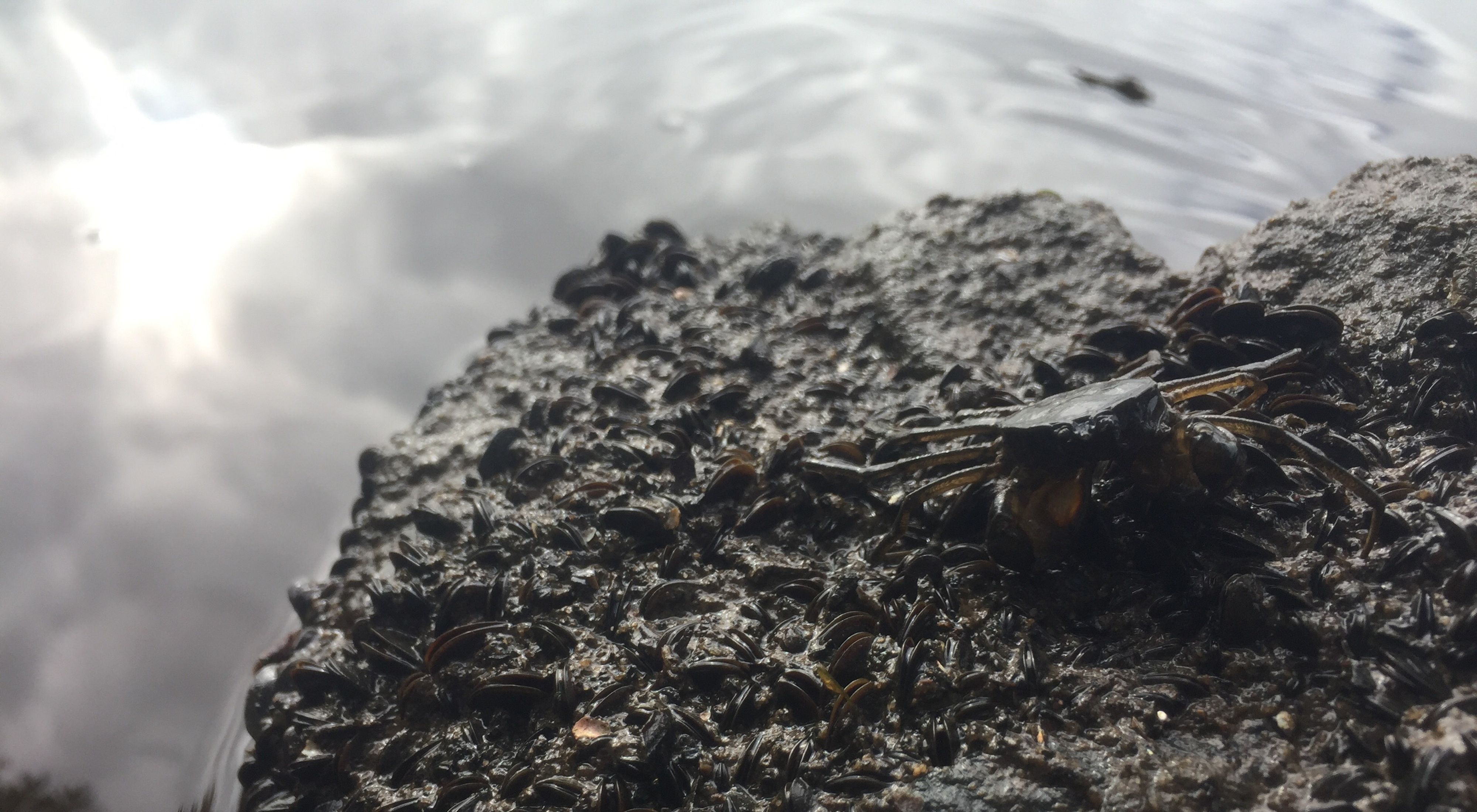Media Contacts
-
Vanessa Billy
Communications Manager
The Nature Conservancy Australia
Phone: 0478 638 180
Email: vanessa.billy@tnc.org
The Nature Conservancy Australia (TNC), with the help of Murdoch University, OzFish Unlimited and local volunteer groups, have installed 1.5km of coir fibre beds to provide habitat and help boost local populations of Black Pygmy Mussels (Xenostrobus securis).
The Black Pygmy Mussel is native to the middle and upper reaches of the Swan-Canning Estuary. In the past, this mussel species covered submerged tree branches (‘snags’) and formed dense beds within the waterway. The population has reduced significantly over the past two decades due to water quality issues and loss of good settlement areas.
Carried out in the prime period for the settlement of juvenile mussels in the rivers, the newly installed coir (coconut fibre) beds will help improve the structure of riverbank habitats and the mussels they attract provide a nutritious food source for many recreational fish species, including Black Bream. They will also help with local improvements to water quality, thanks to their substantial water filtering power.
The project builds on the success of a trial carried out in 2022, when TNC and partners installed 500 metres of natural coir substrate materials at 20 sites throughout the Swan and Canning rivers to provide new habitat for the mussels to settle and grow.
Andrew Bossie, TNC’s Ocean Project Coordinator for the Swan-Canning Estuary, said the monitoring of the pilot mussel beds showed promising results.
“Our monitoring has shown that well placed and timed deployment of new substrate can result in up to 100% coverage of mussels on the coir matting we use. The project has moved into an exciting phase, with the addition of a further 1.5 kilometres of mussel habitat. We look forward to monitoring the habitat as it matures,” Mr Bossie said.
“The natural fibre substrate we use to enhance the riverbank and snags can also provide extra refuge for important recreational fish species,” he said.
Shenaye Hummerston, Perth NRM’s Conservation Program Manager, agrees the project has demonstrated that this methodology works, giving the natural population of pygmy mussels a helping hand to recovery.
“Early results have been very exciting. We encourage this technique to be included in future for other river restoration works in the middle Swan-Canning Estuary,” Ms Hummerston said.
Habitat restoration for Black Pygmy Mussels in the upper Swan-Canning estuary is working in tandem with that for Blue Mussels in the lower estuary, as well as various other estuary and catchment management initiatives to support the health of this iconic waterway.
The Swan-Canning Black Pygmy Mussel restoration project is led by TNC, with funding from the Fisheries Habitat Restoration Program, facilitated by Perth NRM through funding from the Australian Government. It is part of TNC’s effort to help restore imperilled coastal habitats nationally and contribute to the health of our waterways and their communities.
The Nature Conservancy is a global conservation organisation dedicated to conserving the lands and waters on which all life depends. Guided by science, we focus on getting things done efficiently and with the greatest positive impact for conservation. We’re a trusted organisation working in more than 70 countries and territories around the world on innovative solutions to our world’s toughest challenges so that nature and people can thrive together. To learn more about The Nature Conservancy in Australia, follow us on Facebook.
